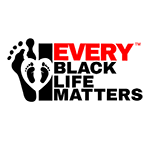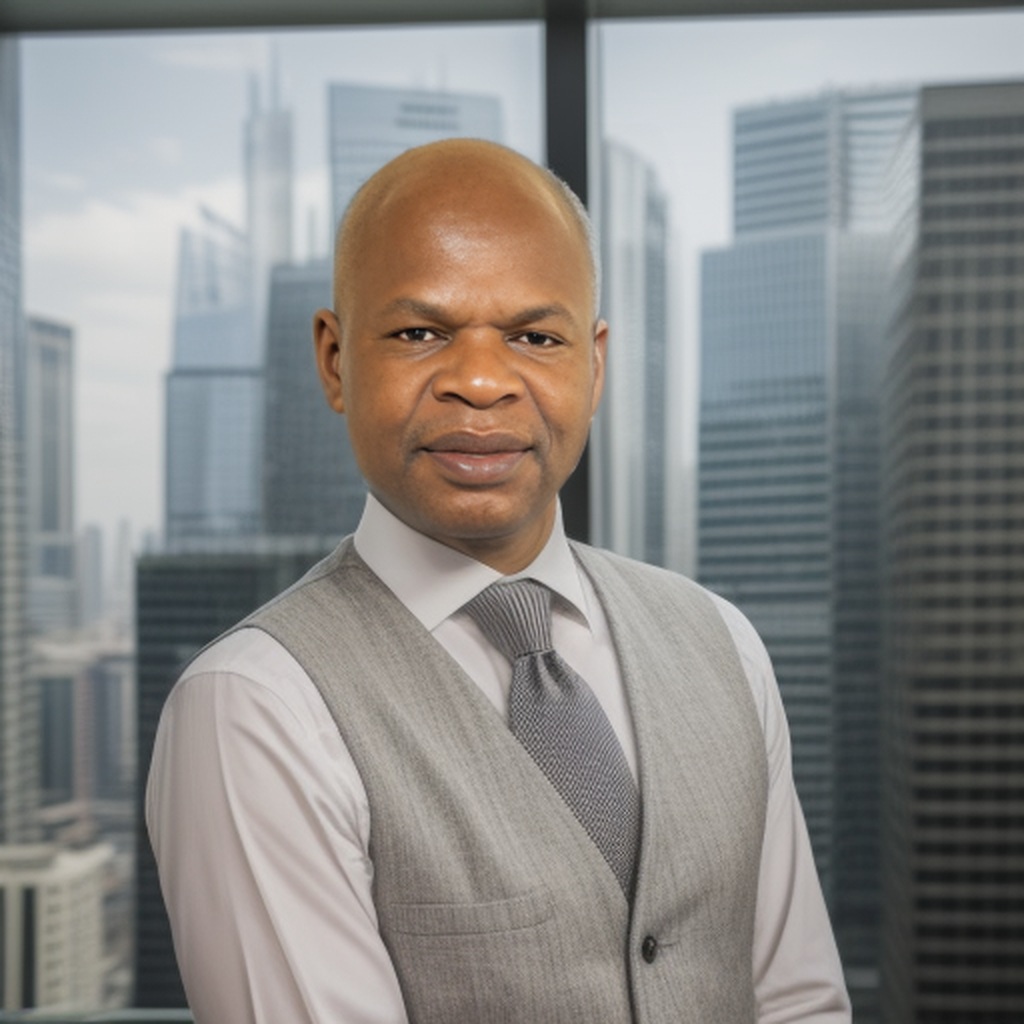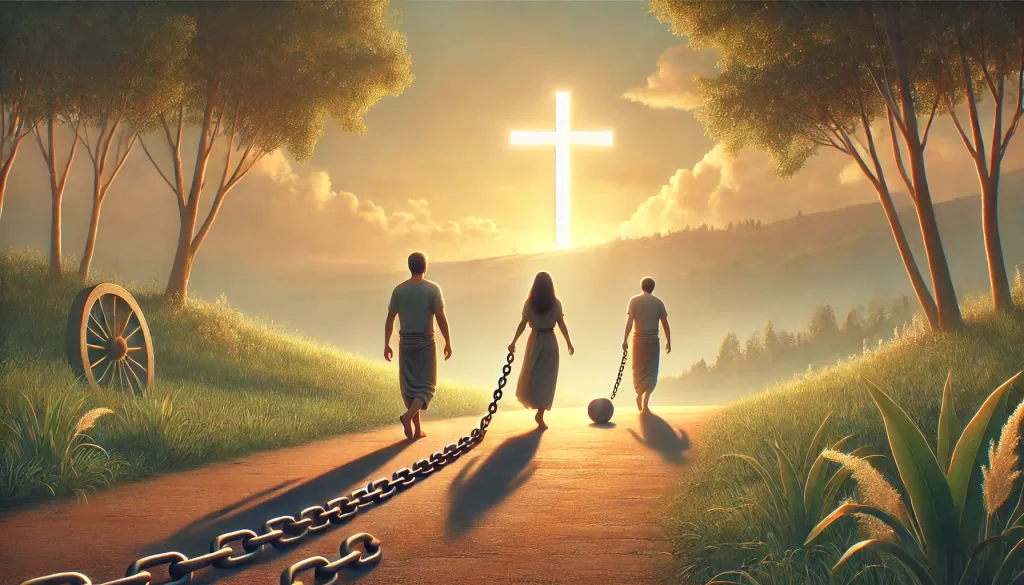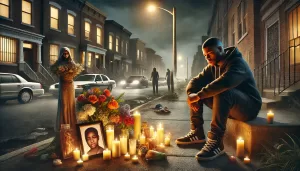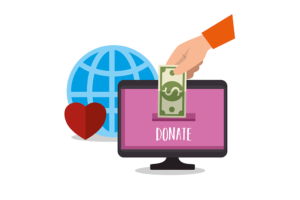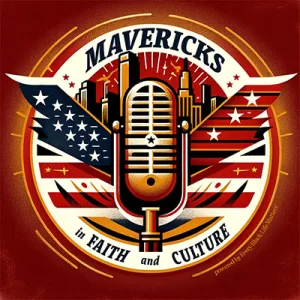Pathways to Freedom: Understanding True Liberation
(Contemplations from the introduction of Kevin’s book “Freed to be Servant and Slave. Available on AMAZON)
Throughout history and across continents, the cry for freedom echoes loud and resolute. This universal longing reflects something fundamental in the human spirit, an indomitable desire to live free from oppression and constraints.
Despite impressive advancements in technology and society, many individuals still feel bound, not just physically but emotionally and socially. This conundrum highlights that progress alone does not necessarily equate to true liberation.
From ancient civilizations through the colonial period and into modern-day human trafficking, slavery has been a dark thread woven into the fabric of human history. Each era and society have borne witnesses to the depths of human cruelty.
It is true that since Genesis slavery has existed. Yet at its core, slavery contradicts the inherent human yearning for freedom. The revulsion felt towards slavery, across cultures and time, underscores a universal truth: human beings are not meant to be owned or controlled.
The need for freedom transcends physical chains. Mental and emotional bondage – through manipulation, societal pressure, or self-inflicted fears – can be just as crippling.
In our modern era, concepts of bondage and liberation have evolved, yet the fundamental desire for freedom remains strong. Today’s discussions often focus on overcoming systemic injustices and personal liberations from modern life’s silent chains.
Loneliness, addiction, and personal turmoil are today’s invisible chains. They bind silently but just as tightly, creating a landscape of internal struggle.
In spiritual discourse, suffering is sometimes seen as a manifestation of evil forces, like Satan, challenging faith and freedom. This perspective helps frame personal and communal struggles in a context of spiritual warfare.
Much like Job, who faced immense suffering and loss, modern humans often grapple with their own trials. These experiences, while profoundly challenging, often prompt profound reflections on the nature of freedom and suffering.
This story also highlights the protective and merciful role of God during times of suffering. This divine aspect offers a foundation of hope and resilience amidst trials.
Today’s culture often feels saturated with narratives of victimization and helplessness. This pervasive mood reflects a collective yearning for relief and liberation.
There’s an emerging shift in recognizing mental and emotional struggles as legitimate and significant forms of suffering. This acknowledgment is crucial for addressing modern forms of bondage.
Securing true freedom is an ongoing challenge. It requires perseverance, self-awareness, and oftentimes, a restructuring of one’s life and beliefs.
For many, true liberation is intertwined with spirituality. The belief that freedom is not only about breaking chains but discovering a deeper, spiritually aligned way of living can be transformative.
Conclusion
In many faith narratives, God stands as the ultimate liberator, whose presence and guidance are fundamental in overcoming both physical and spiritual bondage.
This blog extends an invitation to journey towards true liberation – a path that may very well lead through a deeper engagement with spirituality and a closer relationship with the divine.
Consider how your understanding of freedom might expand or shift when viewed through a spiritual lens. What assumptions do you hold, and how might they be challenged or affirmed?
For those feeling the weight of their chains, whatever form they might take, consider turning towards spiritual reflection and seeking God. It might just be the path to the profound freedom you seek.

